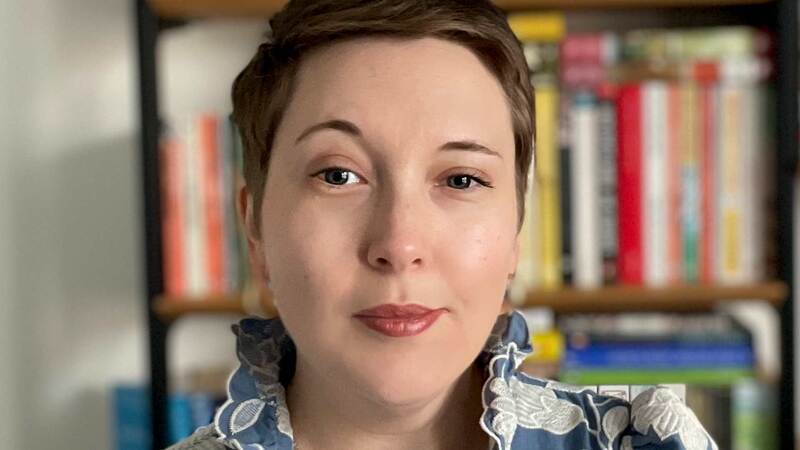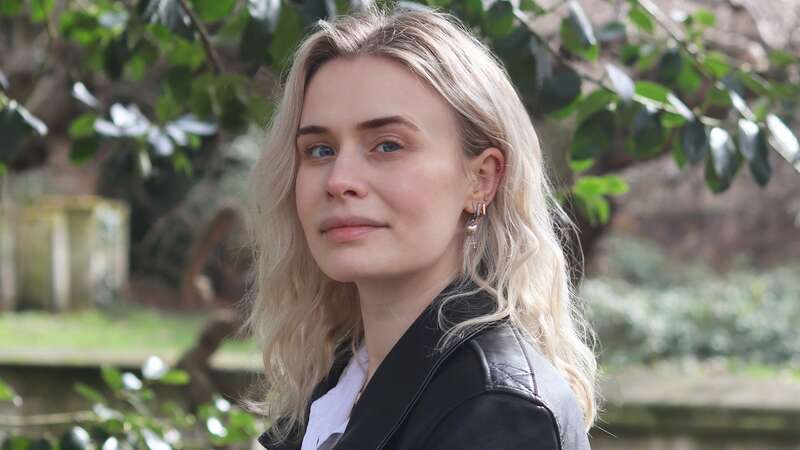You are viewing your 1 free article this month. Login to read more articles.
Demand for diarist vloggers wanes as special interest channels take the reins
Demand for teen titles by vloggers such as Zoe “Zoella” Sugg and Alfie Deyes is on the wane, but interest in books by cookery and lifestyle experts who use YouTube to promote their brand remains strong, according to retailers.
Kate McHale, Waterstones teen fiction buyer, said there is still interest in books by YouTubers but she is seeing fewer titles and “it’s true to say that the peak has passed. Obviously the power of social media and online channels to create bestsellers is still incredibly strong, but I think the focus has shifted, and now we’re seeing the biggest successes in areas like cookery and lifestyle rather than the younger titles.”
Phil Henderson, buying manager at Asda, described the shift in buying as the “message taking over the medium. Our customers love YouTubers and we take a huge share of [sales of] those books, but people who were famous for being on YouTube are not so much of a thing [now], possibly because our customers have got used to it.”
Both Henderson and McHale said Joe Wicks (published by Bluebird) and the BOSH! duo Henry Firth and Ian Theasby (HQ) were popular with book buyers because they use YouTube to talk about cooking, content which translates well to book formats. Henderson also singled out F2 Freestylers—a pair who show off their football skills—who are published by Blink. “If there is genuine content behind the books, we are still seeing success,” he said. “The F2 Freestylers are on YouTube but they are showing their skills in something they are good at. Young people have evolved and perhaps some of the YouTuber fans have grown up.”
Kirsty Hurst, children’s category buyer at Foyles, said the vlogger publishing phenomenon never held as much sway with her customers, but big-name YouTubers can “sell well”. She added: “We’ve definitely seen some publishers seize on the concept of vloggers because of the potential for high sales, without really investigating and understanding what made that certain person a success online, and how that can work when transferred into print.”
Second book syndrome
YouTubers who talk about their own lives through their channels have enjoyed success in book form, although in most cases sales of their second or third books haven’t reached the heights of their first.
Zoella’s first book, Girl Online (PRH Children’s), sold 391,572 copies after its publication in 2014, but Girl Online: Going Solo, the third book in the series, sold 209,842 copies. The Pointless Book by Alfie Deyes (pictured below) sold 364,362 copies; The Pointless Book 2—Bonnier’s first ever number one, issued in 2015—sold a total of 179,602 units. But the third title in 2017 sold just 32,681 copies.
Joe Sugg sold 156,651 copies of Username Evie in 2015, but again the sequels have not held up, with Username Regenerated selling 56,450 copies and Username Uprising 26,207. Oli White’s Generation Next sold 46,163 copies in hardback in 2016, but the follow-up Generation Next: The Takeover sold just 14,885 in hardback and 2,074 in paperback.
Many YouTubers are managed by Gleam Futures, however, its publishing manager Abigail Bergstrom said publishers should think beyond “YouTuber publishing. We need to stop blanketing this type of talent as ‘YouTubers’.
Digital-first-talent are content creators and storytellers; they are visionaries when it comes to tech and the high-speed world of a modern, internet-connected society. They are journalists, photographers, poets, comedians, etc. It would be a mistake to overlook this next wave of young, creative talent.”
Last year, Gleam launched Gleam Titles, a literary arm that looks after “digitally-minded writers”, and the division has since struck four publishing deals with new writers. Editors are still keen to work with Gleam clients, Bergstrom stressed. “We’re signing more and more writers who are focused on the increasing importance of multi-platform content and the new ways they can utilise social media to grow their own businesses, as well as promote their writing,” she said.
“Our clients have an advantage and a route into their fans, but we need to view these platforms as a springboard to seed out books and kick-start marketing campaigns to find readers beyond their audience—not rely on them solely to convert sales.”



















